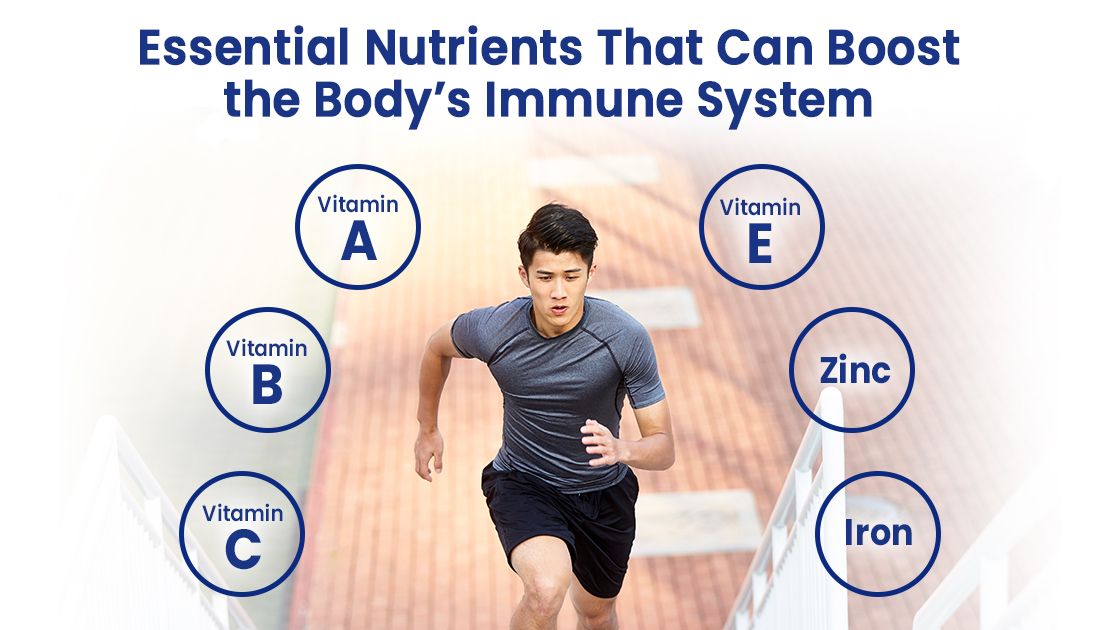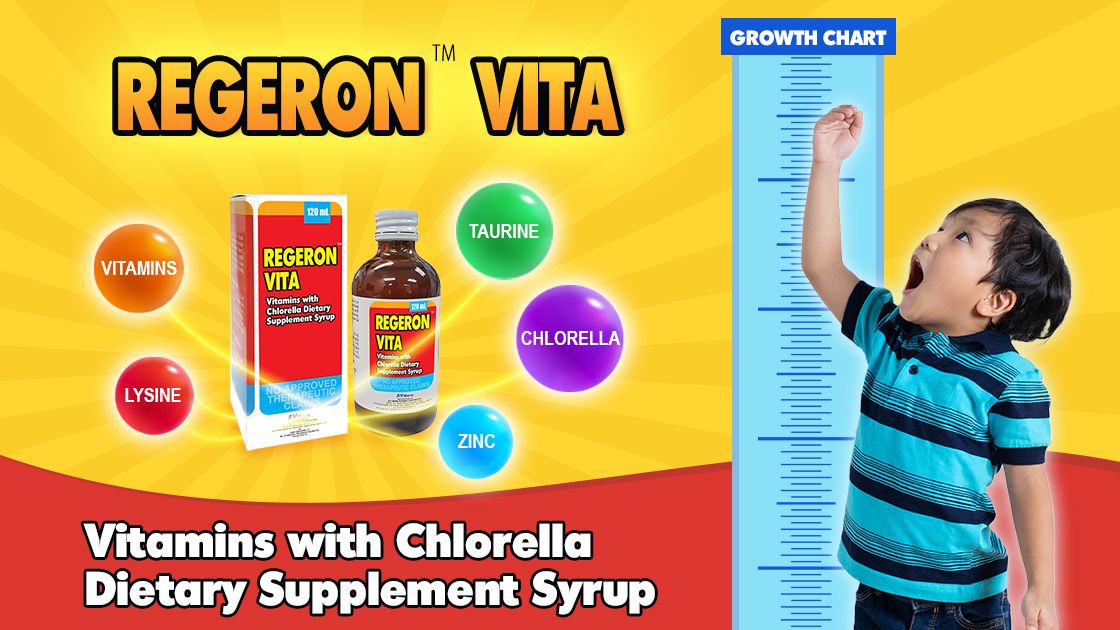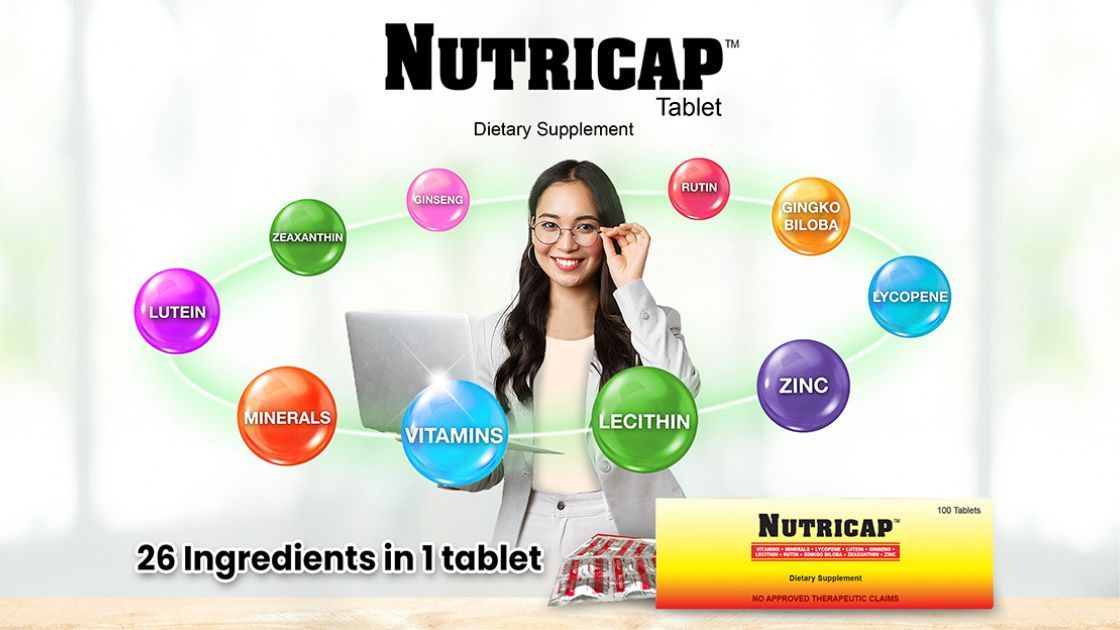Do You Need Vitamin B Complex: Vitamin B1, B6, and B12?
Among the B vitamins, the most widely recognized include vitamins B1, B6, and B12.
While each of these B vitamins has its own functions in the body, the three have interrelated actions and work together in synergy to deliver common benefits to keep the body healthy, especially the brain and nerves. These B vitamins are also known as neurotropic B complex because of their particular importance in supporting brain and nerve health.
Vitamins B1, B6, and B12 are nutrients known to play a vital role in promoting growth, energy production in the body, good health and well-being. They are also essential in promoting the health of the blood, immune system and various organs of the body especially the heart and blood vessels.
These B vitamins can usually be obtained from various food sources such as milk, meat, eggs, cheese, fish, shellfish, beans, nuts and seeds, vegetables, fruits, whole grain and cereals. However, dietary intake may still be inadequate. It has been reported that even in developed countries, such as the United States of America and the United Kingdom, deficiency is around 6% in the general population and around 20% in the elderly population.
Being water-soluble nutrients, B vitamins cannot be stored in the body and must be provided on a daily basis. Lack of a steady supply of these nutrients brings risk for nerve problems, anemia, cardiovascular diseases and cognitive decline including memory loss. Even if people are taking enough B vitamins from the food they eat, there are certain conditions or diseases that put the individuals at risk for vitamin B deficiency. Here are some identified risk factors associated with the development of deficiencies for these B vitamins:
- People on fad diets or those with inadequate dietary intake (e.g., anorexia or poor appetite, restrictive or deficient diet while recovering from illnesses and surgical operations)
- Excessive vomiting and intractable diarrhea may prevent absorption of B vitamins
- Old age due to poor intake and decreased ability to absorb nutrients
- Pregnancy due to increased bodily demands. Some pregnant women may also have excessive vomiting
- Strict vegetarians are likely to develop vitamin B12 deficiency as B12 is mainly found in animal food such as meat, eggs and milk
- Heavy alcoholic and coffee drinkers may also suffer from B deficiency as these beverages prevent the absorption and also increases the urinary excretion of B vitamins.
- Certain medications such as omeprazole or other proton pump inhibitors for acid-related diseases, isoniazid for tuberculosis and metformin for diabetes, are known to interfere with the utilization of B vitamins and may reduce the body’s ability to absorb B vitamins.
- Persons with autoimmune disease, impaired kidney function, infections such as HIV and tuberculosis
- Surgical removal of portions of stomach or intestines can reduce the area where vitamin B12 is absorbed
- Gastrointestinal illnesses such as Crohn’s disease and Celiac disease that affect the intestinal lining impairing the ability to absorb nutrients
- Hormonal imbalances associated with pre- or post-menopausal syndrome as some hormones may affect the utilization of B vitamins.
Consequently, people who are deficient in vitamins B1, B6, and B12 may experience a range of signs and symptoms. Following are the manifestations of Vitamin B Deficiency that people have to watch out for:
- Mood changes, anxiety, mental fatigue or brain fog, forgetfulness, and restlessness, particularly with vitamin B6 deficiency.
- Rashes, low energy, dry, cracked lips, sweating, warm or cold feeling and weak immune system.
- Anemia, fatigue, muscle weakness, intestinal problems, and nerve damage are usually seen with vitamin B12 deficiency.
- Individuals with nerve damage or neuropathy linked to B deficiency may experience numbness, ‘pins-and-needles’ sensation, tingling, muscle weakness, muscle twitching and inability to move a part of the body.
- Those with anemia associated with Vitamins B6 and B12 deficiency may experience fatigue, shortness of breath & dizziness, mental confusion or forgetfulness.
These symptoms, which may signal B deficiency, can also reveal other health problems. Consult your doctor for prompt diagnosis and management that may include appropriate Vitamin B supplementation.
This article is for educational and informational purposes only and is not intended as health or medical advice. Always consult a physician regarding any questions you may have about a medical condition.
References:
- Ali MA, Hafez HA, Kamel MA, Ghamry HI, Shukry M, Farag MA. Dietary Vitamin B Complex: Orchestration in Human Nutrition throughout Life with Sex Differences. Nutrients. 2022; 14(19):3940. https://doi.org/10.3390/nu14193940
2. Lavriša Ž, Hristov H, Hribar M, et al. Dietary Intake and Status of Vitamin B12 in Slovenian Population. Nutrients. 2022;14(2):334. Published 2022 Jan 13. doi:10.3390/nu14020334








